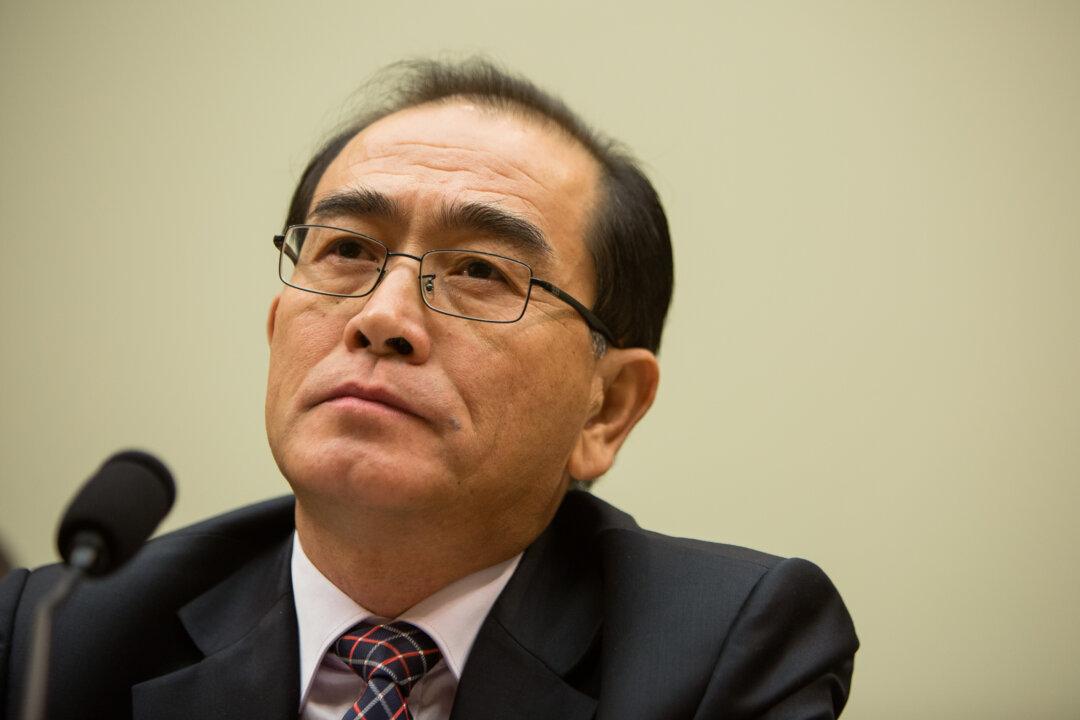North Korea’s fragile dictatorship has a critical weakness that the United States can exploit to end Kim Jong Un’s regime, a high-level defector told Congress on Wednesday.
The brutal oppression, thought-control, and endemic poverty of communist North Korea stands in stark contrast to its southern neighbor, where the quality of life is so much better that even its TV dramas are considered a critical threat to the North Korean regime.





